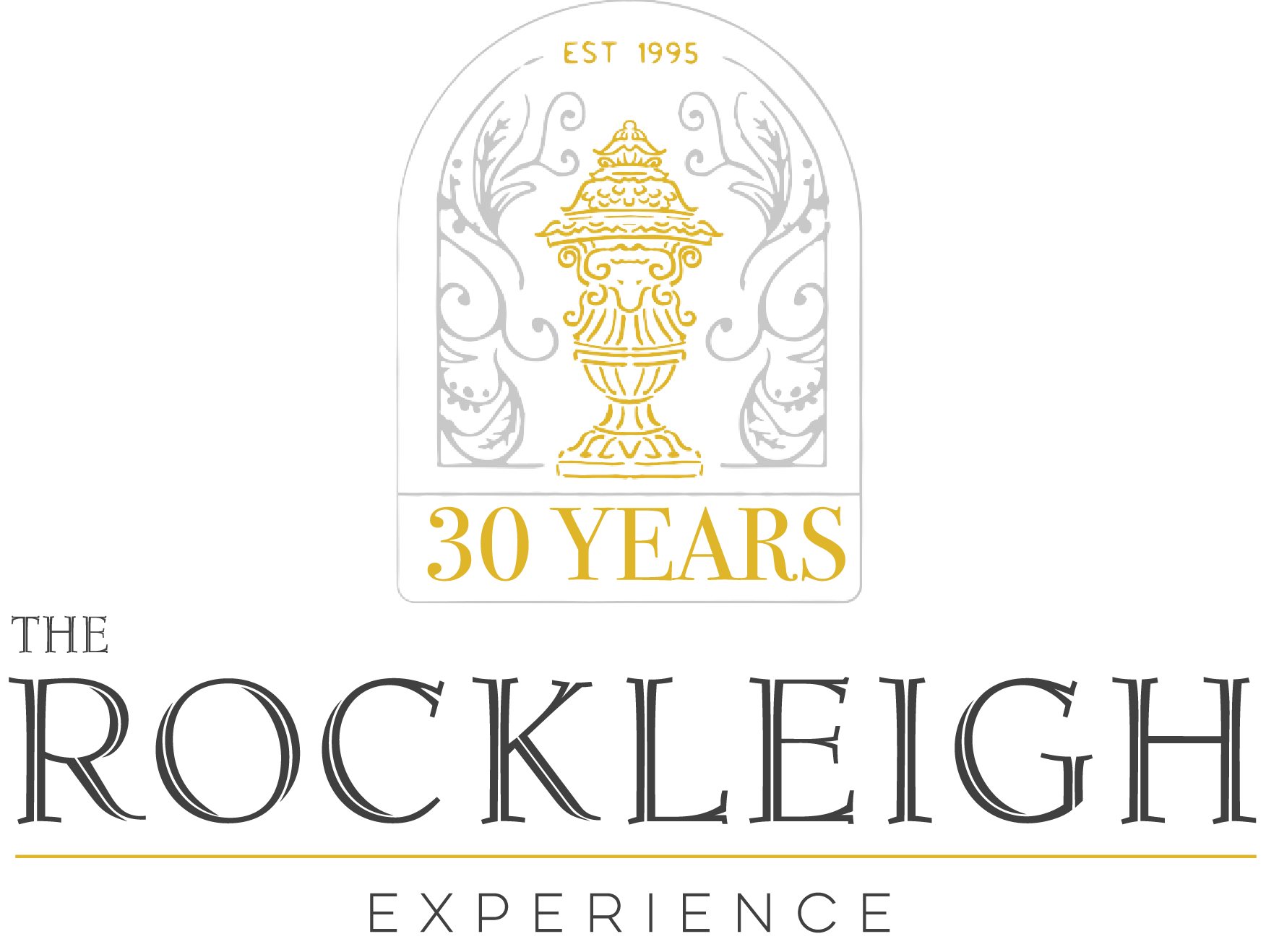
The Photographer’s Checklist: What You Need to Share Before Your Wedding Day
Your wedding day is one of the most important days of your life, and having the perfect photographs to remember it by is essential. A wedding photographer plays a key role in capturing moments that will be cherished for years to come. To make sure your photographer gets the images you truly want, it’s crucial to provide them with the right information beforehand. This guide will walk you through what to share with your wedding photographer before the big day, ensuring everything goes smoothly and that you get the photos of your dreams.
1. Details and Logistics
Before your wedding day, you should share essential logistical details with your photographer to ensure they are prepared. Here are the key items to include:
- Wedding Day Timeline: Create a detailed schedule that outlines the key events of the day, from getting ready to the ceremony, reception, and any planned special moments like a first look or sunset photos.
- Venue Information: Provide the names and addresses of all venues where you’ll be taking photos, including the ceremony and reception locations. This will help the photographer plan travel time and be aware of any specific lighting conditions or restrictions.
- Contact Information: Share the contact details for your wedding planner or coordinator and anyone else assisting with the event, such as venue managers or family members who need to be reached in case of an emergency.
2. Must-Have Shots
Make sure your photographer knows the specific photos you’d like to have taken. This will ensure that you don’t miss any key moments during your wedding. Consider the following:
- Family Portraits: Make a list of the specific family groupings you’d like to be photographed. Communicate this to the photographer and make sure a designated family member can help gather people for these photos.
- Bridal Party: Share the names of your bridal party members, and consider taking individual portraits of each member as well as group photos.
- Candid Moments: Discuss the candid moments that are most important to you, such as guests laughing, emotional moments, or dance floor fun. Make sure your photographer knows these are must-haves on your list.
- Special Traditions: If you’re incorporating cultural or religious traditions into your wedding, share these with your photographer so they’re prepared to capture these moments accurately.
3. Photo Style Preferences
Every photographer has their unique style, so it’s essential to communicate your preferences and expectations before the wedding day.
- Theme and Mood: Whether you’re going for a romantic, rustic, modern, or bohemian look, share this with your photographer. This will help them plan the best locations, angles, and props to match your vision.
- Sample Photos: Create a mood board or share a Pinterest board filled with images that reflect your desired photo style. This can include color palettes, poses, and editing techniques.
- Special Requests: If you have any specific poses, angles, or creative ideas in mind, communicate these to your photographer ahead of time. This could include photos with unique props, specific backdrops, or unusual angles.
4. Personal Touches
Personal touches are what make your wedding unique. Ensure your photographer captures the essence of your story through these details:
- Sentimental Items: Include items like family heirlooms, gifts from your partner, or a special note that you want to be photographed.
- Decor and Details: Let your photographer know about special decor elements that you want to remember, such as custom centerpieces, unique signage, or personalized wedding favors.
- The Dress and Accessories: Make sure your photographer knows if there are specific shots of your dress, shoes, or any special accessories like jewelry or heirloom items that are important to you.
5. Photography Restrictions and Policies
Every venue has its rules, so make sure to inform your photographer of any restrictions or policies that may impact the shoot.
- Venue Policies: Share any guidelines about photography, such as whether flash photography is allowed or if there are restricted areas.
- Drone Usage: If you’re interested in aerial photos, check with your venue to see if drone photography is allowed and communicate this with your photographer.
- Time Limits: Inform the photographer of any time restrictions for the shoot, especially if certain areas are off-limits at specific times.
6. Backup Plans
It’s essential to have backup plans in place to ensure that your photographer can still capture great images even if there are unexpected changes.
- Weather Concerns: If your wedding includes outdoor photos, have a backup plan for inclement weather. Discuss indoor locations or covered areas at your venue with your photographer.
- Alternative Locations: If one part of the venue is not accessible or if you have limited time for the shoot, let your photographer know about alternative spots that can work for photos.
7. Working with Your Venue
When choosing a venue that accommodates your vision for wedding photos, consider options that offer a variety of backdrops and photo opportunities. At venues like The Rockleigh, your photographer can take advantage of the venue’s stunning architecture, elegant interior spaces, and lush outdoor gardens to create a diverse portfolio of images that capture your big day from every angle. This helps you maximize your photography experience by seamlessly blending indoor and outdoor shots to fit your desired style and theme.
Your wedding photos are more than just pictures; they’re memories that last a lifetime. By preparing your photographer with detailed information about your wedding day, preferences, and the venue itself, you’ll help them capture moments that truly reflect your vision. Whether you’re getting married in a grand hall, a garden, or a timeless venue like The Rockleigh, sharing these key details will ensure your photos are as beautiful and unique as your love story.





No Comments
Sorry, the comment form is closed at this time.